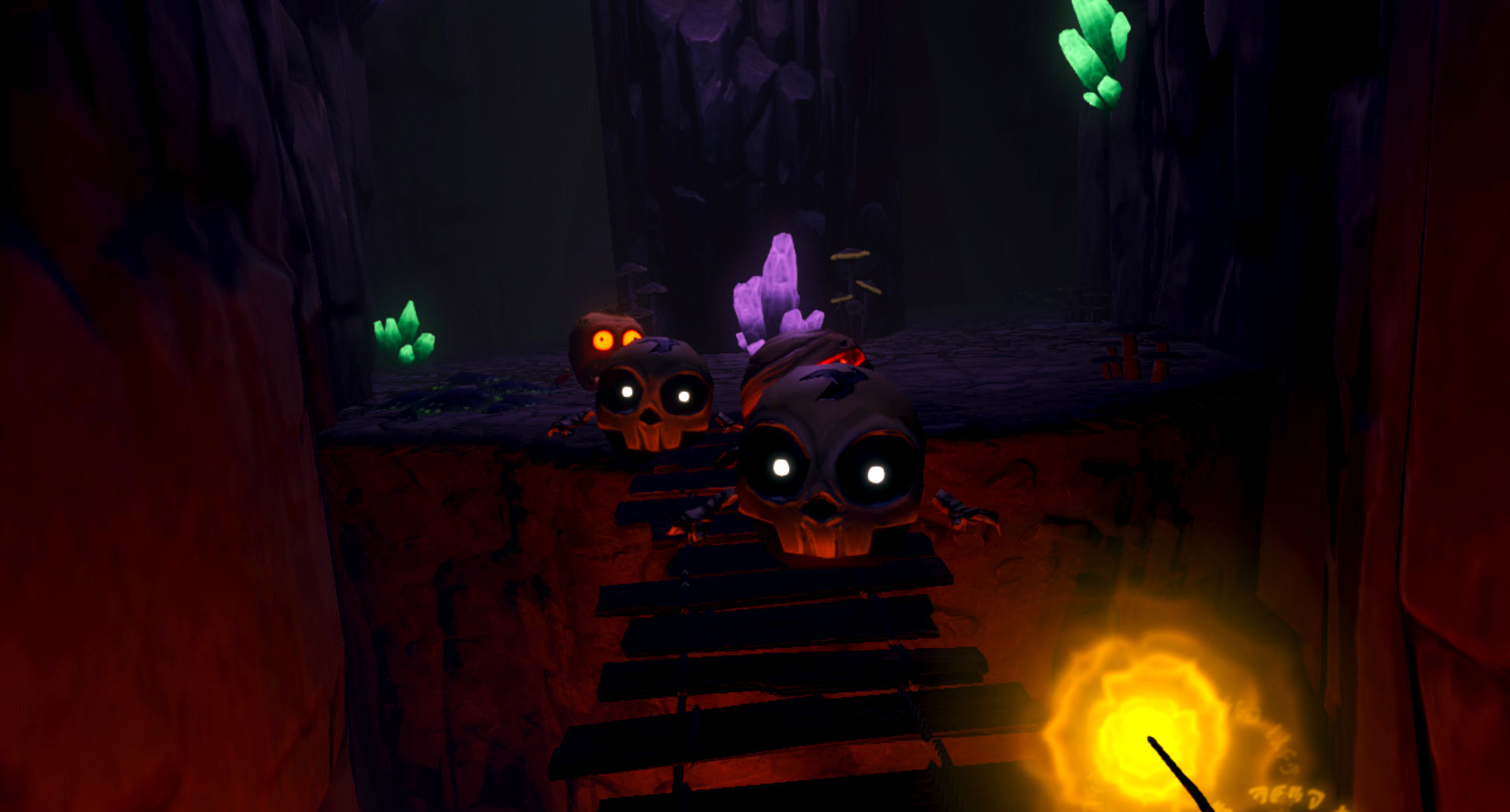

If a storm causes a blackout or brownout, it can cause problems with a desktop computer. Having the power cord connected to a surge protector can safeguard a computer from an electrical surge. A power surge destroys electrical devices, regardless of whether they are on or off. Will turning my computer off help prevent a power surge?
#Leave computer on all night screen burn tv
Much like a computer, components inside the TV get hot and cool down, and these devices rarely have problems. For example, many individuals turn their TV on and off each day, sometimes several times. Solder can withstand changes in temperature turning a computer off frequently does not harm it. Does turning off a computer cause soldering cracks? Power buttons can still wear out, but they have a life cycle that outlasts the other components of your computer. However, this issue was only applicable to a very small portion of old OEM computers, and today is no longer a problem. Does turning off a computer wear down the power button?īefore 1994, it may have been beneficial to leave the computer on due to potential power switch related issues associated with certain manufacturers that caused the power buttons to break early. However, any hard drive manufactured today doesn't have this issue. In older hard drives, the head would come into contact with the disk platter upon shutdown, which caused it to wear. The only moving parts that caused an issue internally were within a component, not the computer itself. Will turning off a computer wear down moving parts (e.g., fans)? Unless you don't mind these tasks being performed during the day. However, for tasks to run during the night (e.g., backup, ScanDisk, Defrag, updates, or a virus scan), you'll need to leave your computer on while you sleep. Our recommendation is to turn off your computer when you go to bed, as it saves you a bit of money on your electricity bill. Since boot times on modern SSDs are so fast, shutting down your computer is not nearly as much of a factor. The time to resume from different power states is much more significant on hard disk drives than it is on solid-state drives. Shutting down is a good option if you'll be away from your computer for an extended period (e.g., more than eight hours).

This option is good if you'll be away from your computer for a short time. Hibernate - With hibernate mode, all open applications and files are copied onto your computer's boot drive, and the rest of the computer is essentially shut down.This option is best when you step away from your computer for a short time because it allows work to be resumed almost immediately.

Sleep - All open applications and files are stored in RAM, and the rest of the computer components are put into a low-power state.Knowing a bit about the different power states of a computer should help you in your decision. For instance, if you open and close your laptop frequently, you don't want to have to reboot it completely each time. In our opinion, the time for your computer to resume working is a bigger factor than the cost of electricity. If you decide to leave your computer on all day, we recommend turning off the monitor if you're leaving for more than half of an hour.


 0 kommentar(er)
0 kommentar(er)
